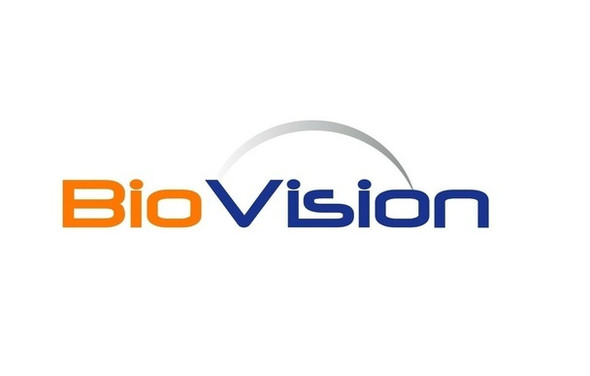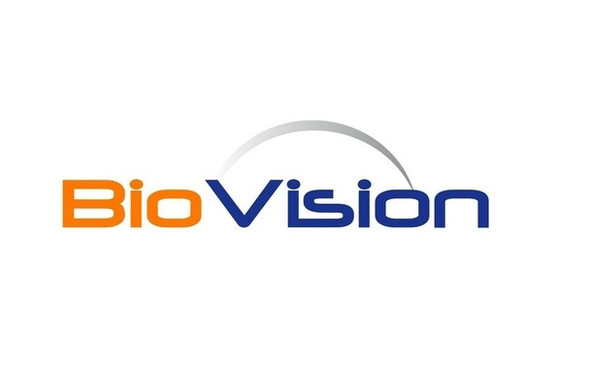Biovision
Human CellExp™ VEGF110, Human Recombinant
- SKU:
- 26-P1258
- Availability:
- Usually Shipped in 5 Working Days
- Size:
- 10 μg
- Storage Temperature:
- -20°C
- Shipping Conditions:
- Gel Pack
- Shelf Life:
- 12 months
Description
Biomolecule/Target: VEGF110
Synonyms: RP1-261G23.1, MGC70609, MVCD1, VEGFA, VPF
Alternates names: RP1-261G23.1, MGC70609, MVCD1, VEGFA, VPF
Taglines: A signaling protein involved in both vasculogenesis and angiogenesis
Taglines: USA
Country of Animal Origin: USA
NCBI Gene ID #.: 7422
NCBI Gene Symbol: VEGFA
Gene Source: Human
Accession #: P15692
Recombinant: Yes
Source: HEK293 cells
Purity by SDS-PAGE #: ≥95%
Assay: SDS-PAGE
Purity: ≥95%
Assay #2: HPLC
Endotoxin Level: < 1.0 EU per/μg
Activity (Specifications/test method): Measured by its binding ability in a functional ELISA.
Biological activity: N/A
Results: N/A
Binding Capacity: Immobilized Human VEGF110 at 2 μg/mL (100 μL/well) can bind VEGFR1/R2-Fc with a linear range of 1-10 ng/mL. Immobilized Human VEGF110 at 2 μg/mL (100 μL/well) can bind Human VEGF R1 Protein, His Tag with a linear range of 3-100 ng/mL
Unit Definition: N/A
Molecular Weight: 12.6 kDa
Concentration: N/A
Appearance: Lyophilized
Physical form description: Lyophilized from 0.22 μm filtered solution in PBS, pH7.4. Generally Trehalose is added as a protectant before lyophilization.
Reconstitution Instructions: Centrifuge the vial prior to opening. Reconstitute in sterile deionized water.
Background Information: Vascular endothelial growth factor (VEGF), also known as vascular permeability factor (VPF) and VEGF-A, and is a member of the platelet-derived growth factor (PDGF)/vascular endothelial growth factor (VEGF) family and encodes a protein that is often found as a disulfide linked homodimer. This protein is a glycosylated mitogen that specifically acts on endothelial cells and has various effects, including mediating increased vascular permeability, inducing angiogenesis, vasculogenesis and endothelial cell growth, promoting cell migration, and inhibiting apoptosis. Alternatively spliced transcript variants, encoding either freely secreted or cell-associated isoforms, have been characterized. Alternatively spliced isoforms of 110,121,145,165,183,189 and 206 amino acids in length are expressed in humans.
Amino acid sequence: APMAEGGGQNHHEVVKFMDVYQRSYCHPIETLVDIFQEYPDEIEYIFKPSCVPLMRCGGCCNDEGLECVPTEESNITMQIMRIKPHQGQHIGEMSFLQHNKCECRPKKDR
Handling: Centrifuge the vial prior to opening.
Usage: For Research Use Only! Not to be used in humans






